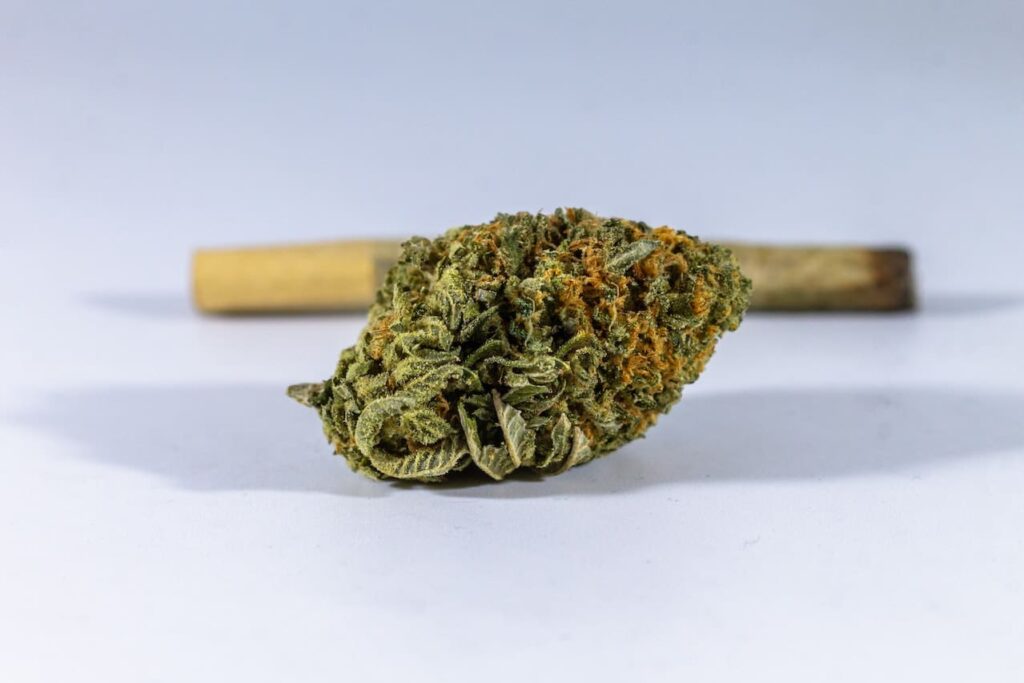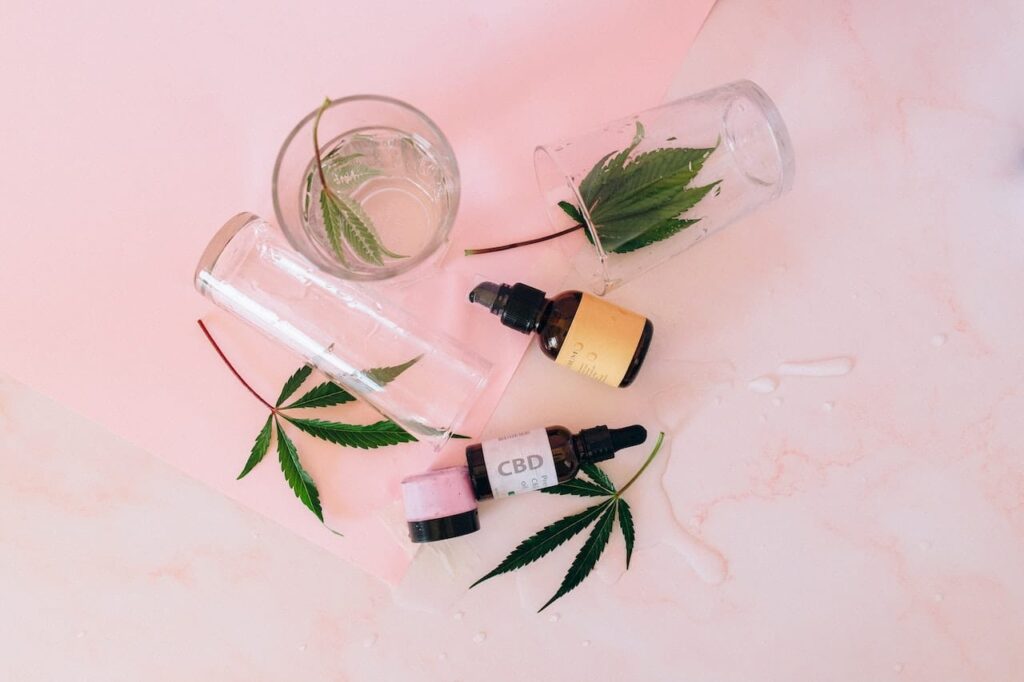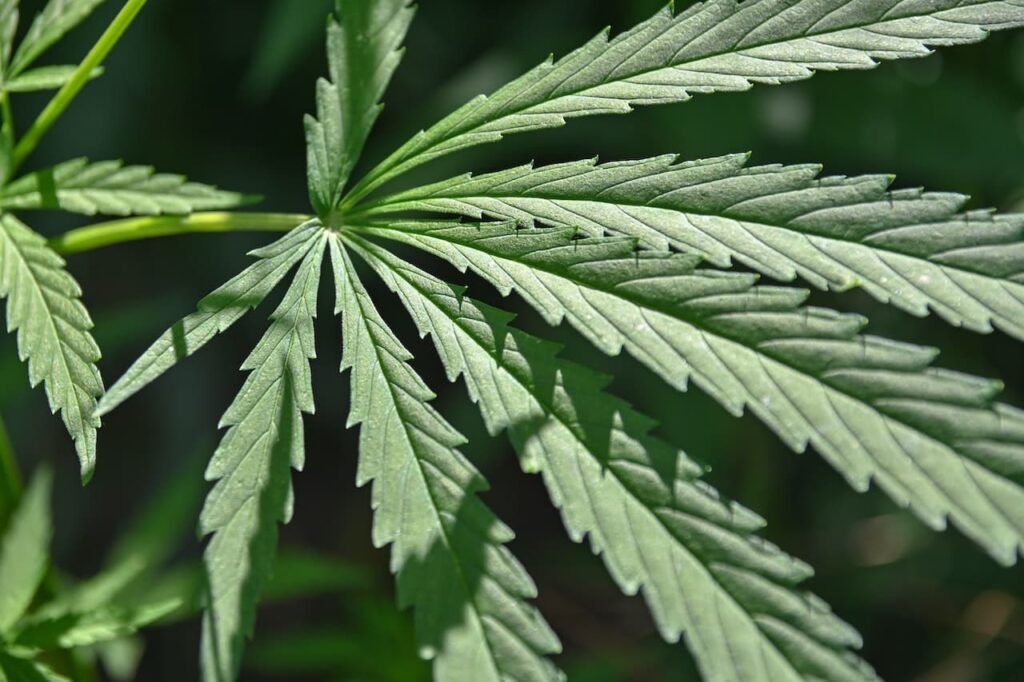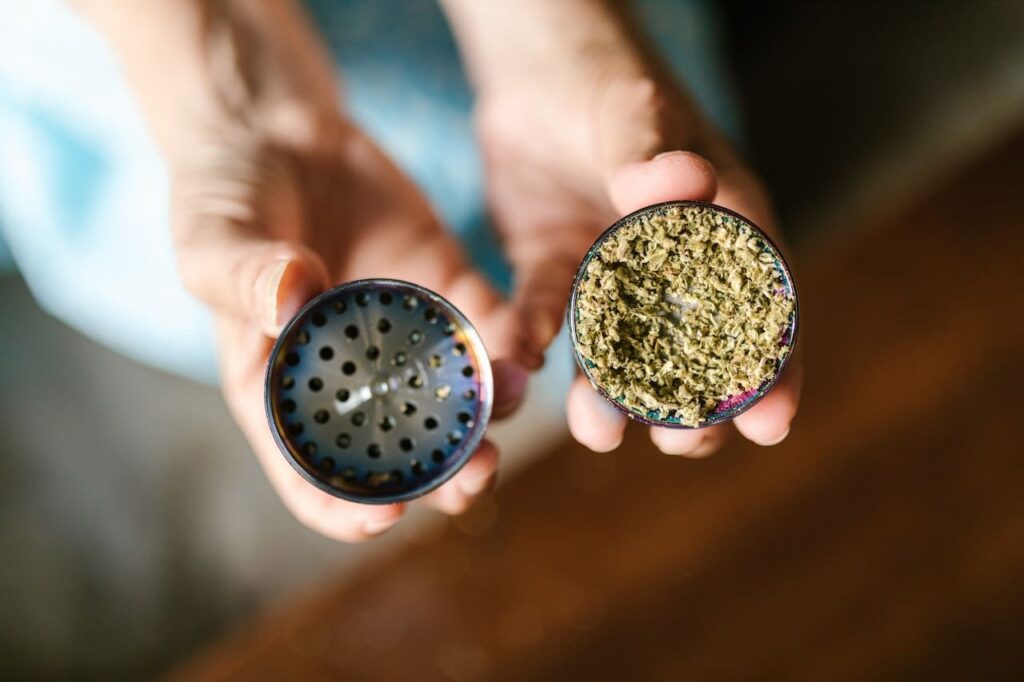As more states across the United States legalize cannabis for both medical and recreational use, the demand for a wide range of cannabis products has grown tremendously. Two compounds, Delta-8 THC and Delta-9 THC, have gained a lot of attention in recent years for their unique effects and potential benefits. However, they are also associated with potential risks that consumers need to be aware of.
In this article, we will explore the differences between Delta-8 THC and Delta-9 THC, including their effects, benefits, and potential risks. We will delve into the science behind these compounds and uncover the potential benefits that have attracted many users. Additionally, we will unveil the potential risks associated with Delta-8 THC use and the downsides of Delta-9 THC that consumers should be aware of. Lastly, we will tackle the legality of these two compounds, as it has been a topic of debate and confusion among consumers. So, buckle up and join us on this journey to explore the world of Delta-8 THC and Delta-9 THC.
Exploring Delta-8 THC: Understanding Its Effects And Benefits
Delta-8 THC, or simply Delta-8, is a minor cannabinoid found in the hemp plant. Unlike its more famous relative Delta-9 THC (or simply THC), it is much less psychoactive and has much milder effects. It has been gaining prevalence recently due to innovation in extraction and distillation methods allowing for higher concentrations of Delta-8 to be isolated from hemp plants.
It is believed that Delta-8 can provide many health benefits due to its unique properties such as analgesic, antianxiety, antiemetic, immunosuppressive, and neuroprotective activities. Additionally, studies have indicated that it may help reduce inflammation in cells which can help prevent chronic illnesses from developing over time. In recent times it has also become popular as an alternative therapy for pain relief or even as a recreational substance among certain groups of people as an alternative to traditional cannabis products containing higher levels of Delta-9 THC which have more pronounced psychotropic effects. Ultimately further research will confirm whether all these potential benefits are real or not but it’s clear that Delta-8 offers many possibilities for new applications and treatments going forward.
Unveiling the Potential Risks Of Delta-8 THC Use
Delta-8 THC is a lesser-known form of THC that has recently become popular due to its reported effects, which include mild psychoactivity and potential therapeutic benefits. However, the use of Delta-8 THC also carries certain risks that should not be overlooked. The most notable risk is related to the legality of Delta-8 products since it can often cause users to fall foul of federal law if they are sold in states where cannabis products are illegal. Moreover, consuming too much Delta-8 can lead to unpleasant experiences such as paranoia and anxiety – both mental and physical effects have been reported by users who have taken excessive amounts of this cannabinoid compound.
Research into Delta-8 products needs to be conducted in order for us to gain a better understanding of their risks and effects on our bodies. In addition, further research into how different strains affect each individual will help people use them more safely and effectively with minimal health risks associated with their use. Until then, carefully evaluating the legal landscape surrounding these compounds before engaging with them is highly recommended for anyone interested in using them responsibly and safely.
The Science Behind Delta-9 THC And Its Potential Benefits
There is a growing body of research that suggests Delta-9-tetrahydrocannabinol (THC) could offer a host of potential therapeutic benefits, such as reducing seizures in people with epilepsy, alleviating pain and inflammation, and improving mental health conditions. THC acts on the endocannabinoid system found in both humans and animals to help regulate various functions throughout the body.
Delta-9 THC has been studied extensively for its antiemetic properties—the ability to reduce nausea or vomiting caused by chemotherapy or other drugs. It has also been investigated for its potential to treat psychiatric disorders such as anxiety and psychosis, although more research is needed on these topics before any firm conclusions can be made. Additionally, Delta-9 THC may have neuroprotective activity against stroke after intoxication with alcohol consumption due to its antioxidant effects. While further exploration into the effects of Delta-9 THC is needed, it’s clear that this compound presents an exciting area for future study into potential therapeutic benefits for many different ailments.
The Downside Of Delta-9 THC: Risks You Need To Know
Delta-9 THC is a major psychoactive compound, responsible for the intoxicating effects of cannabis. However, there are some potential downsides to this cannabinoid that consumers should be aware of. In high doses, Delta-9 THC can lead to anxiety or panic attacks and impair motor coordination and cognitive functioning. Research has also suggested that long-term use of cannabis products with higher concentrations of Delta-9 THC could lead to an increased risk of dependence and other mental health issues such as depression or psychosis.
Additionally, Delta-9 THC can interact with certain medications including those used to treat depression, anxiety, epilepsy, Parkinson’s disease, heart conditions, blood pressure problems as well as HIV/AIDS treatments. Consumer safety is paramount so it’s important for consumers to educate themselves about the risks associated with consuming any amount of cannabis products containing Delta-9 THC before deciding if they should consume them. Consumers should always speak with their healthcare provider prior to starting a new product in order to ensure their safety and optimal health outcomes.
Delta-8 THC VS. Delta-9 THC: Understanding The Key Differences And Similarities
Delta-8 THC and Delta-9 THC are two of the most popular cannabinoids on the market today. They have a lot of similarities, but there are also key differences between them that make it important for consumers to understand what each offers.
Delta-8 THC is an analog of Delta-9, meaning that it has a similar molecular structure but with significant changes in the atomic bonds. While both have psychoactive effects on users, Delta-8 THC is found at much lower concentrations in cannabis plants than Delta-9 and it produces a less intense high as well as milder anxiety reduction and appetite stimulation than its counterpart. That being said, some users still experience stronger effects from Delta-8 due to its ability to interact with CB1 receptors more strongly than CBD or other cannabinoids do. Additionally, because Delta-8 has not been studied as extensively as other forms of cannabis, its long-term effects in terms of health and wellness are still unknown.
Despite these differences between Delta 8 and 9, they do share many similarities such as their potential medicinal benefits which include pain relief and antiemetic properties among others. Both work by interacting with endocannabinoid receptors throughout the body’s central nervous system though research is still ongoing regarding how exactly they work.
Legal Or Illegal? The Truth About Delta-8 THC And Delta-9 THC
Delta-8 THC and Delta-9 THC are both forms of tetrahydrocannabinol, or THC, which is the chemical compound in cannabis that produces its potent effects. In most states, the possession and use of either form of THC are illegal. However, some states have made it legal to possess and use certain types of THC products for medicinal purposes.
Delta-8 has a number of differences from Delta-9 when it comes to how they are produced, their molecular structure, and their pharmacological effects. Delta-8 is less psychoactive than its counterpart but provides many therapeutic benefits such as antiemetic properties and neuroprotective effects. It can also be used as an appetite stimulant or pain reliever due to its anti-inflammatory properties. Although Delta-8 isn’t known to produce any significant negative side effects at this time, more research is needed before it can be fully evaluated for medical efficacy.
Our Final Thoughts
In conclusion, Delta 8 THC and Delta 9 THC are two isomers of tetrahydrocannabinol (THC), a cannabinoid found in cannabis plants. The main difference between these compounds lies in the relative position of the double bond on their molecular structure. Delta 8 THC has a double bond on the eighth carbon chain while Delta 9 THC has a double bond on its ninth carbon chain.
The most important distinction between these compounds, however, lies in their psychoactive effects. While both have similar therapeutic effects, Delta-8 tends to be less intoxicating than its counterpart, making it an attractive option for medical patients seeking to avoid the strong psychoactive effects associated with the use of cannabis products. Furthermore, due to its chemical structure and biological makeup, Delta-8 binds to CB1 receptors much more efficiently than Delta-9 which makes it more effective at treating certain conditions such as nausea and appetite stimulation. Ultimately, while both molecules provide therapeutic benefits depending on your needs one may prove significantly more beneficial than the other!
Our Expert’s Take
Our expert’s take on this topic is that while these two compounds share some similarities, they also have significant differences that consumers need to be aware of. Delta-8 THC is a minor cannabinoid found in cannabis plants, while Delta-9 THC is the primary psychoactive compound responsible for the “high” associated with cannabis use. Delta-8 THC is touted to have fewer psychoactive effects and more potential benefits than Delta-9 THC. However, Delta-8 THC is still a relatively new compound, and research is limited, which means that the potential risks associated with its use are not yet fully understood. On the other hand, Delta-9 THC has been extensively studied and is associated with a range of potential benefits and risks that consumers need to consider before using. Our expert advises consumers to approach both compounds with caution, do their research, and consult with a healthcare professional before using.
Are You Looking For The Best Delta-8 THC Products On The Market Today?Experience the benefits of premium Delta-8 THC products with Mary Jane’s CBD Dispensary! Our products are made from the highest quality hemp and natural extracts, providing a soothing and relaxing experience with every use. Say goodbye to stress and discomfort, and hello to a clearer mind and a happier life. Not only will our high-quality Delta-8 THC products leave you feeling great, but they also come in a variety of delicious flavors that will tantalize your taste buds. You deserve the best, and with Mary Jane’s, you can trust that you’re receiving safe and effective products. With locations across several states and a convenient online store, you’ll have easy access to the finest Delta- 8 THC products on the market. Shop with confidence and feel the difference that Mary Jane’s makes!
https://youtu.be/WJeRePj29aQhttps://youtu.be/ZlBiAloucIY
Are You Looking For The Best Delta-8 THC Products On The Market Today?
Experience the benefits of premium Delta-8 THC products with Mary Jane’s CBD Dispensary! Our products are made from the highest quality hemp and natural extracts, providing a soothing and relaxing experience with every use. Say goodbye to stress and discomfort, and hello to a clearer mind and a happier life. Not only will our high-quality Delta-8 THC products leave you feeling great, but they also come in a variety of delicious flavors that will tantalize your taste buds. You deserve the best, and with Mary Jane’s, you can trust that you’re receiving safe and effective products. With locations across several states and a convenient online store, you’ll have easy access to the finest Delta- 8 THC products on the market. Shop with confidence and feel the difference that Mary Jane’s makes!
Disclaimer: The materials available on this website are for informational and entertainment purposes only and not for the purpose of providing medical advice. You should contact your doctor to obtain advice with respect to any particular issue or problem. You should not act or refrain from acting on the basis of any content included in this site without seeking medical or other professional advice. The information presented on this website may not reflect the most current medical developments. No action should be taken in reliance on the information contained on this website and we disclaim all liability in respect to actions taken or not taken based on any or all of the contents of this site to the fullest extent permitted by law.












